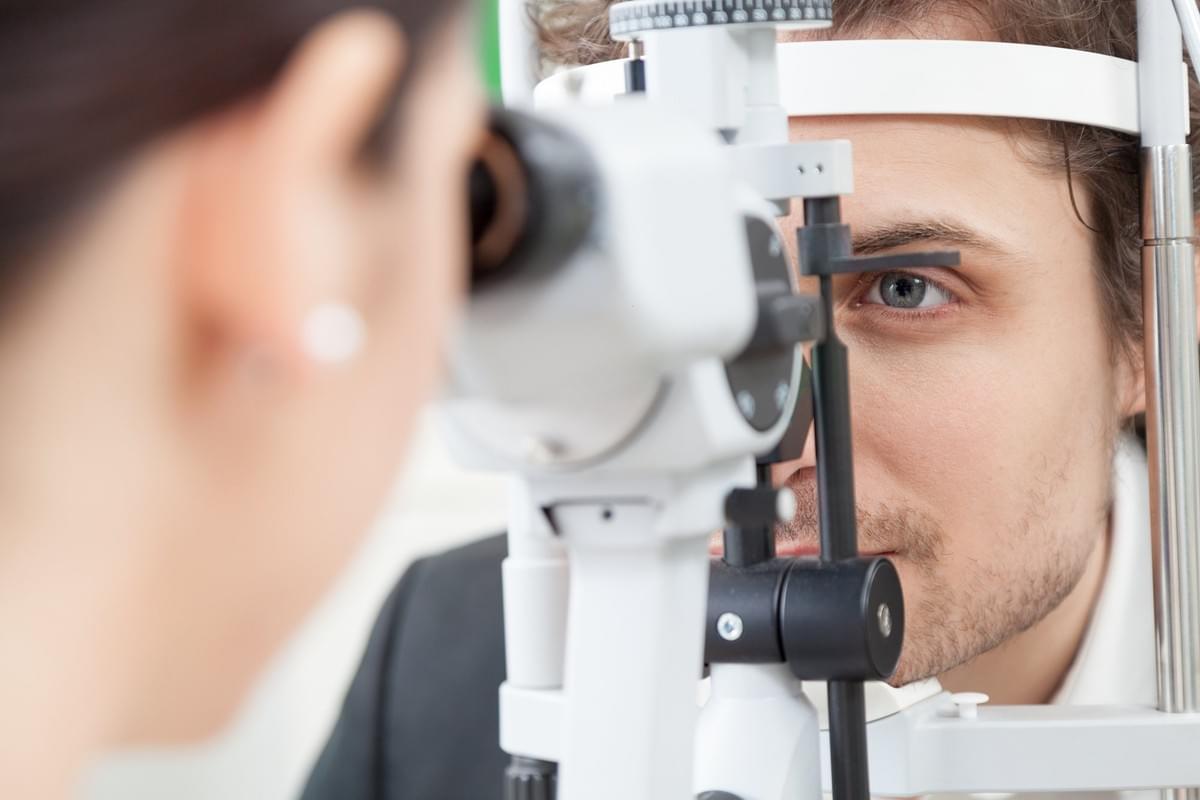
Introduction:Retinal diseases encompass a broad spectrum of conditions that affect the delicate tissue at the back of the eye responsible for sensing light and transmitting visual information to the brain. From age-related macular degeneration to diabetic retinopathy, these diseases can significantly impair vision and quality of life. Visit Dr. Srinivas Sastry who is a board certified, fellowship trained ophthalmologist for the right retinal treatments. This article explores recent advancements in the diagnosis and surgical management of retinal diseases, shedding light on innovative approaches that offer hope to millions worldwide.
- Understanding Retinal Diseases:
- Overview of common retinal diseases, including age-related macular degeneration (AMD), diabetic retinopathy, retinal detachment, and macular holes.
- Risk factors, symptoms, and progression of each condition.
- Impact on visual function and quality of life.
- Diagnostic Innovations:
- Role of imaging modalities such as optical coherence tomography (OCT), fundus photography, and fluorescein angiography in diagnosing retinal diseases.
- Advancements in artificial intelligence and machine learning for early detection and characterization of retinal pathology.
- Integration of genetic testing and molecular biomarkers for personalized medicine approaches.
- Surgical Techniques in Retinal Surgery:
- Vitrectomy: Principles and applications in treating retinal detachment, vitreous hemorrhage, and macular diseases.
- Retinal laser surgery: Photocoagulation, photodynamic therapy, and selective retina therapy for conditions like diabetic retinopathy and AMD.
- Intravitreal injections: Role of anti-vascular endothelial growth factor (anti-VEGF) agents and corticosteroids in managing neovascular retinal diseases.
- Emerging minimally invasive surgical techniques and devices for improved outcomes and patient comfort.
- Advancements in Retinal Gene Therapy:
- Gene-based approaches for treating inherited retinal diseases, including gene augmentation therapy and gene editing techniques such as CRISPR-Cas9.
- Clinical trials and promising results in restoring vision in patients with genetic retinal dystrophies.
- Ethical considerations and challenges in implementing gene therapies for retinal diseases.
- Future Directions and Challenges:
- Potential for regenerative medicine and stem cell therapies in treating retinal degenerative diseases.
- Addressing barriers to access and affordability of advanced retinal diagnostics and treatments globally.
- Collaboration between clinicians, researchers, industry, and patient advocacy groups to accelerate progress in retinal disease management.
Conclusion:Advancements in the diagnosis and surgical management of retinal diseases hold immense promise for improving outcomes and preserving vision in affected individuals. By leveraging cutting-edge technologies, embracing interdisciplinary collaboration, and prioritizing patient-centered care, the field of retinal ophthalmology continues to push the boundaries of innovation, offering new hope to patients facing these sight-threatening conditions.